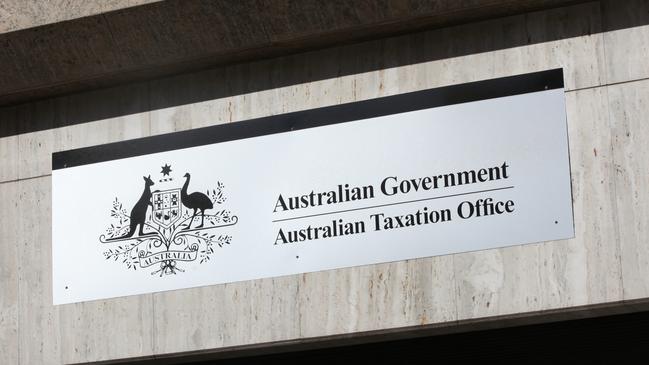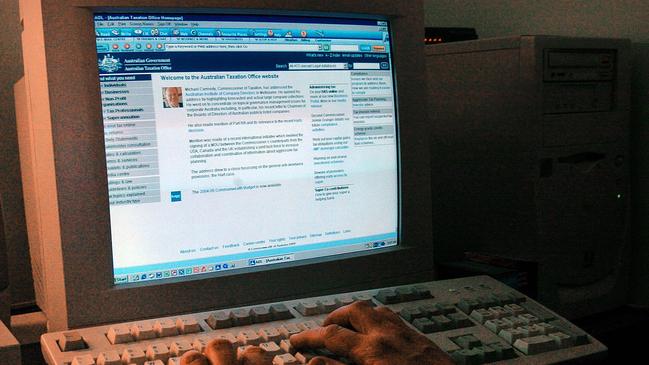The tax office is targeting returns relating from casual home letting

It will be watching their tax lodgements very closely when tax time arrives on July 1.
After a successful crackdown last year on capital gains tax relating to cryptocurrency, the ATO is now broadening its focus to all assets where CGT is payable.
In addition, investment property deductions and work-related deductions are also under the microscope.
Capital gains tax is imposed on the sale or disposal of certain assets – most commonly when people sell investment properties, shares, managed funds or crypto assets.
The good news is that the family home is generally exempt from CGT but there are certain instances where CGT is payable and taxpayers can easily make the mistake of missing this in their tax return.

ATO assistant commissioner Tim Loh says: “If you have used your home to produce income, such as renting out all or part of it through the sharing economy, for example Airbnb or Stayz, or running a business from home, then CGT may apply.”
When working out how much capital gains tax is payable on the sale of the family home if it were used for income-producing purposes, there is a “home first used to produce income rule”.
The cost base for CGT is the date that you first used it to produce income. In other words, if you bought the property five years ago but only started renting a room three years ago, you base the CGT calculation on the value three years ago, not at acquisition.
An apportionment percentage split is also required to make sure that only the CGT-assessable portion of the house is taxed on the sale rather than the whole value.
Holiday houses, even if not used for producing income, are also captured under the CGT rules and capital gains must be reported. The same goes for hobbies and other personal collectibles.
Sydney based accountant Luke Star from Star & Associates says: “In this environment of high audit activity, individuals should be mindful when hobby activities such as collecting wine become more serious.
“As the materiality and frequency of this activity picks up, this data is being monitored by the ATO on various platforms such as ebay. Selling wine and other collectibles could be a CGT event.”
Different thresholds apply depending on the type of asset. Gains from motorcycles are exempt from CGT as well as from cars as long as the motor vehicle carries a load less than one tonne and fewer than nine passengers.
Personal-use assets such as boats and furniture are CGT exempt if the cost was less than $10,000. For collectibles such as artwork, jewellery and antique, this threshold is even lower at $500.

Cryptocurrency is another type of asset that has confused taxpayers around reportable gains. Bishop Collins Chartered Accountants director Timothy Ricardo says: “A common mistake crypto investors make is that they do not declare capital gains made when transferring between coins.
“The misconception is that although they have sold one crypto coin and purchased another, as they have not transferred funds to an external Australian-dollars bank account they do not need to pay capital gains tax. This is incorrect as switching from one crypto to another is just the same as selling one stock on the ASX and buying another stock; it is a CGT event.”
The ATO has a warning for those who want to plead ignorance.
“Don’t fall into the trap of thinking we won’t notice if you sell an asset for a gain and don’t declare it,” Mr Loh says.
Rental properties will also be a focus area for the ATO as statistics show that nine out of 10 rental property owners are getting their return wrong.
“You can only claim interest on a loan used to purchase a rental property to earn rental income. Don’t forget, if your loan also includes a private expense, such as for a new car or a trip to Bali, you can only claim an interest deduction for the portion relating to producing your rental income,’ Mr Loh says.
Another crackdown area is work-related expenses. As more people head back to the office this financial year compared with 2021-22, the ATO has recommended that individuals avoid
a copy-paste approach to work-from-home related tax deductions in their upcoming returns.
“There have been some changes in how you calculate things like working-from-home deductions, so don’t be tempted to just copy and paste your prior year’s claims,” Mr Loh says.
“We know a lot of people are working back in the office more compared to last year.”
To claim your working-from-home expenses as a deduction, you can use the actual cost, or the revised fixed rate method, given that the Covid-inspired shortcut method has now been abolished.
The ATO has sophisticated data matching capabilities which include rental property-related data and has recently implemented a new residential investment property loans data matching program. So even if you have “missed” the odd income or gain event in the past, the chances of something slipping through to the keeper will be much slimmer in your next upcoming tax return.
James Gerrard is principal and director of Sydney financial planning firm www.financialadvisor.com.au



Are you doing your taxes? Then take care as the Australian Taxation Office has put several groups of taxpayers on notice.